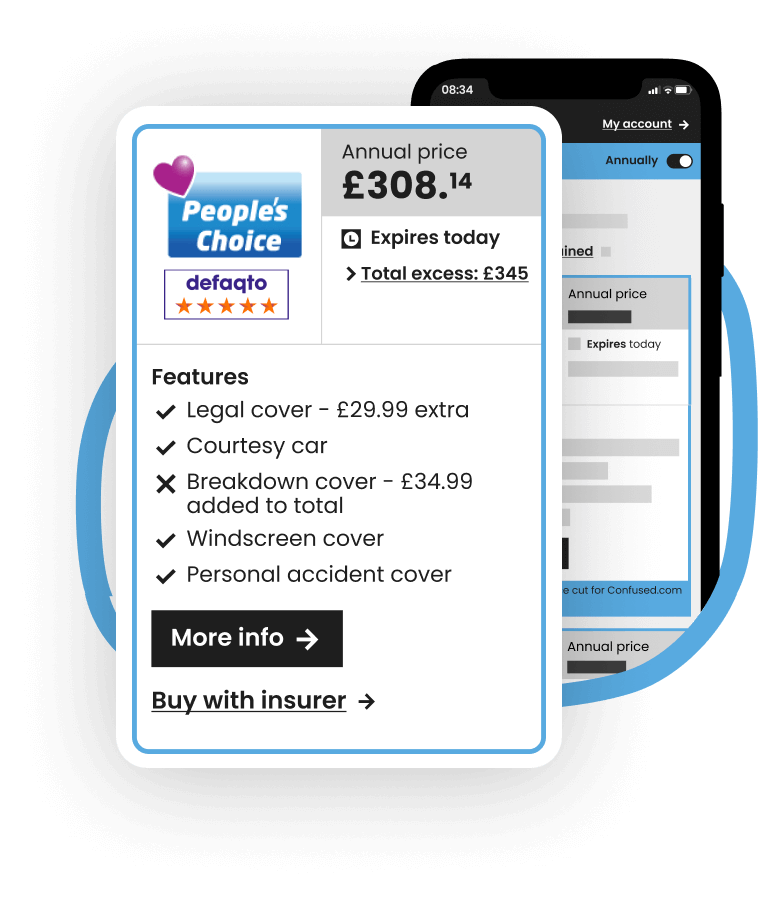A no-claims bonus (NCB), or no-claims discount (NCD), is a discount you get from your car insurance company. You get it for each full year you drive without making a claim. The longer you go without making a claim, the bigger your discount becomes, as insurers see you as a lower-risk driver.
On top of these savings, many insurers offer the option to protect your no-claims bonus. This means that even if you do have to make a claim, your NCB remains. You usually have to pay a bit extra for this protection, but it provides peace of mind and potentially saves you money in the future.
NCB is usually only given to the main policy holder and not named drivers. Some insurers may offer named drivers who’ve not made a claim a discount if they choose to take out their own insurance policy. This is sometimes called a named driver no-claims discount.
If you’ve built up a NCB driving a different type of vehicle, such as a motorbike or van, you may be able to transfer this to a car insurance policy. Not all insurers allow it though.
Whether you’re transferring an NCB from another vehicle or using an existing one for your car, your new insurance company might ask for proof of your NCB.
You can easily get this from your current or previous insurer.


















